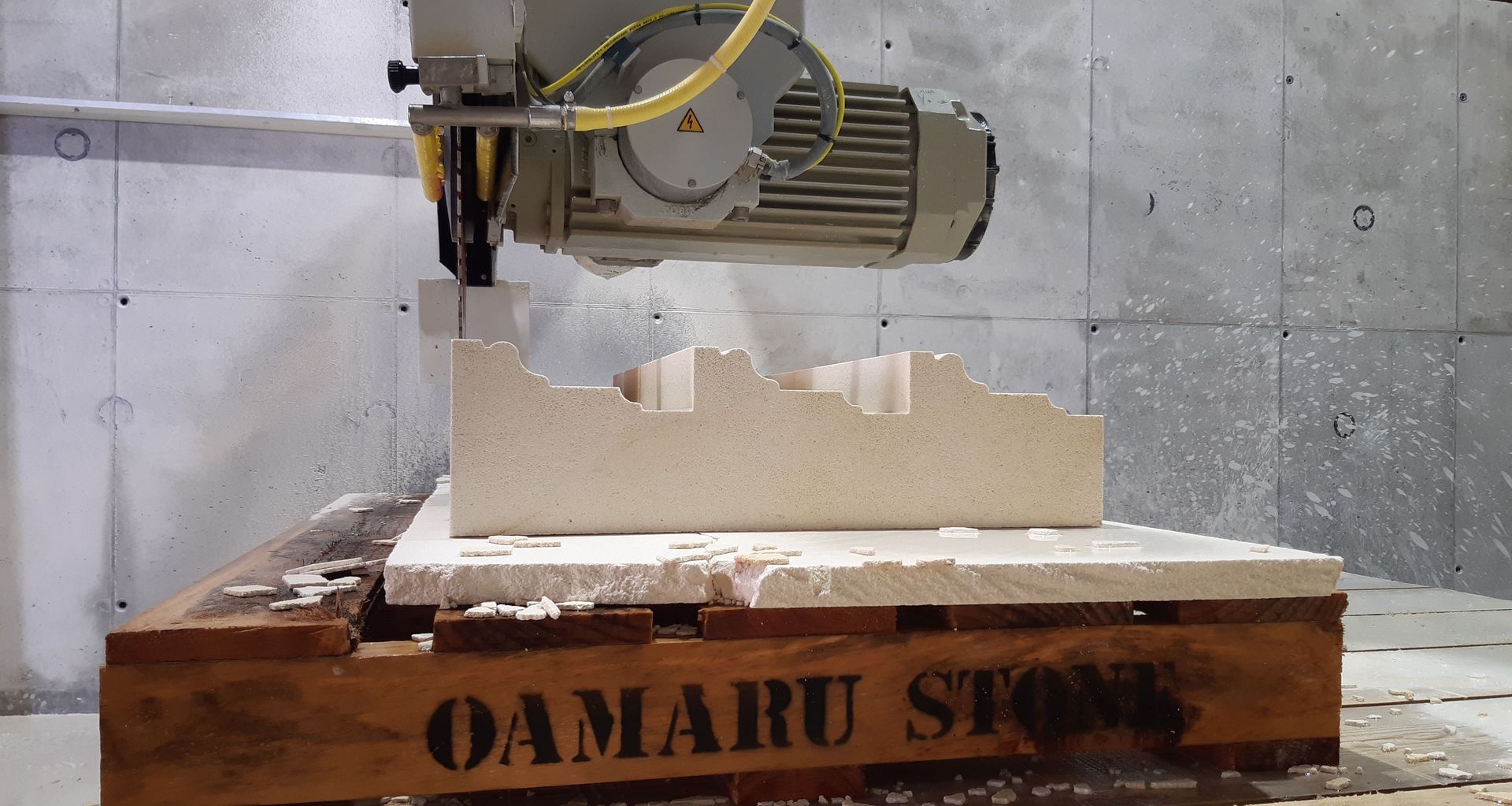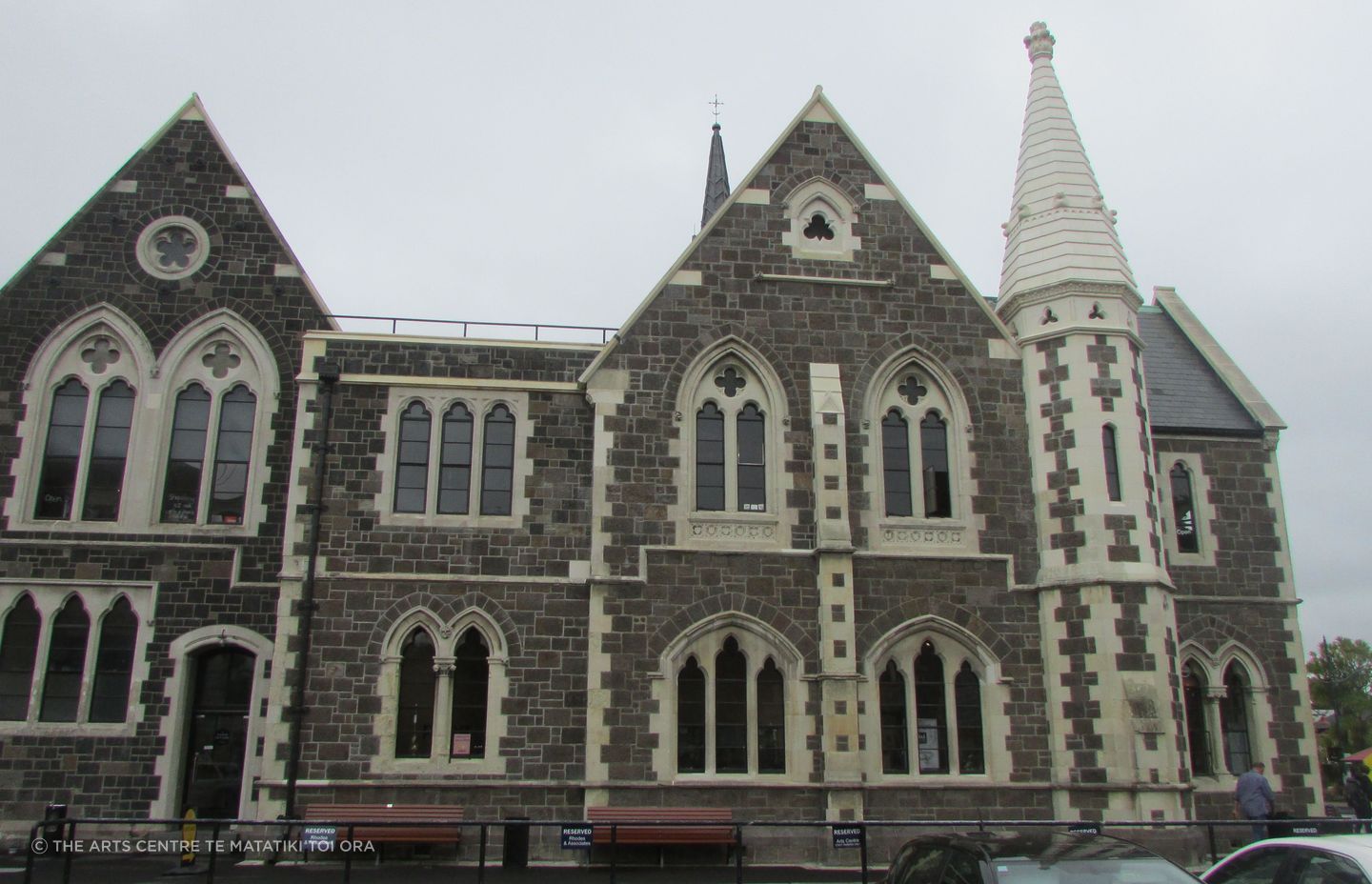No stone unturned
Written by
29 September 2020
•
4 min read

At 12:51pm on Tuesday, 22 February 2011, a magnitude 6.3 earthquake struck just outside Lyttelton, 10km southeast of Christchurch and caused severe damage throughout the region, killing 185 people and injuring several thousand.
Already undermined by the magnitude 7.1 earthquake on 4 September 2010, many buildings, especially older brick and mortar buildings were brought down by this latest earthquake. A number of heritage buildings—most significantly, ChristChurch Cathedral and The Arts Centre Te Matatiki Toi Ora—suffered heavy damage and more than half of the buildings in the Christchurch CBD ended up having to be demolished.
“It would be an understatement to say that the earthquakes left an indelible mark on the city, the region and the people,” says Ramahia Keno, Sales and Marketing Manager for Parkside Quarries. “In some ways there is still an unsettled feeling about the place but this is tempered by an equally strong feeling of accomplishment at what has been achieved in the years since and what is still to come.”

Securing the future by keeping an eye on the past
Our natural limestone, Oamaru stone, is a feature for many of the rebuilding projects for The Arts Centre Te Matatiki Toi Ora buildings, says Ramahia.
“The Arts Centre comprises 23 buildings, with the first being opened in 1878. The Great Hall, the Observatory Tower and the Clock Tower were damaged in the 2010 earthquake and the remainder of the heritage-listed buildings were deemed publicly inaccessible after the second. Since then, the centre has been undergoing one of the largest heritage restoration programmes in the world.
“Currently, there are six stonemasons working on site, using natural stone supplied by Parkside Quarries where original materials cannot be salvaged. The buildings are progressively reopening to the public as they are strengthened and repaired. At present, more than two-thirds of the buildings have now reopened to the public.”
Ramahia says the time and cost involved in recreating original pieces solely by hand for this type of project can be prohibitive and the ability to use technology to carve pieces of stone can significantly impact a project.
“We humbly acknowledge the role that the original stonemasons played and that their contemporary counterparts are playing in bringing these buildings back to the people.
“We see our role as being very much that of a collaboration between the artistry of stonemasonry and the technological facilitation that our CNC machine enables.”
The Parkside Quarries team has been working with a number of hand-drawn templates that have been inputted as CAD files into the CNC machine.
“The machine is really efficient at creating repetitive patterns,’ says Ramahia. “So far we’ve completed capping, mouldings and string coursing for The Arts Centre stonemasons, to use on Te Matatiki Toi Ora and other restoration projects they are involved in around Christchurch. This has allowed the stonemasons to concentrate on the more intricate, ornate pieces.”

Stone love: CNC machining all types of stone
While Parkside Quarries originally made the decision to invest in CNC technology as a way of further assisting with preserving Christchurch’s Neo Gothic Architecture, including that of The Arts Centre Te Matatiki Toi Ora, Ramahia says the actual applications are potentially wide reaching.
“The opportunities are unlimited especially in working with organisations such as churches and with heritage architects in regards to replicating historical pieces but also on contemporary pieces such as parametric panels and potentially even statues and other 3D objects as we also have a 3D scanning tool.
“We have been working mostly in Oamaru Stone but there is the potential to work with any natural stone a client could want. The machine’s capability makes it perfect for large-scale commercial projects but equally we can manufacture bespoke pieces such as fireplaces for the residential market.”
Learn more about CNC machining of stone for heritage and contemporary projects.